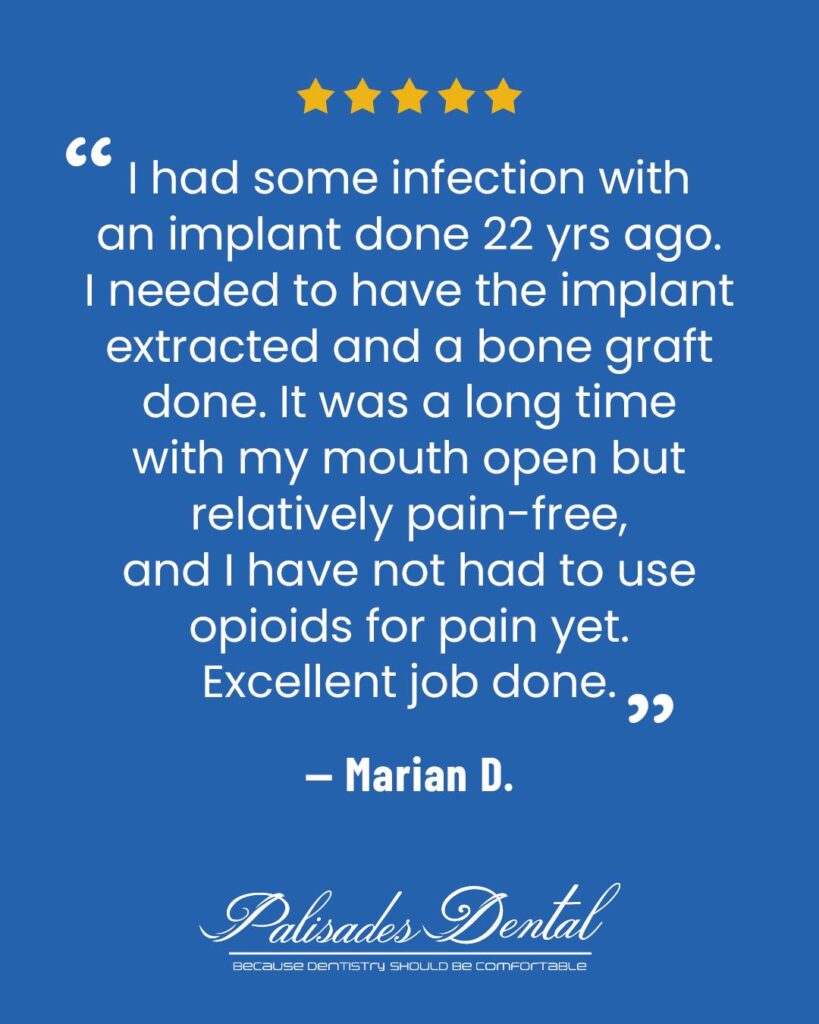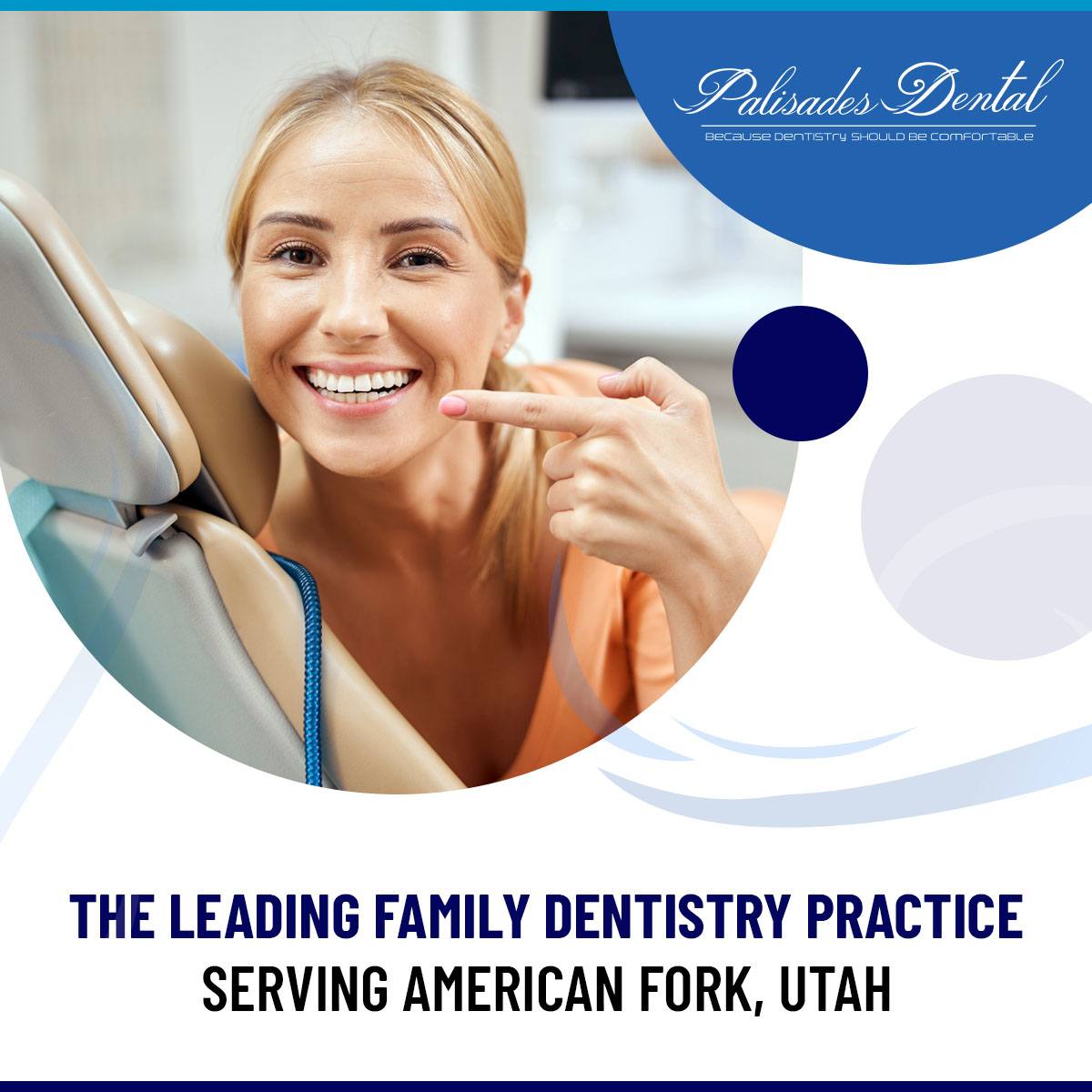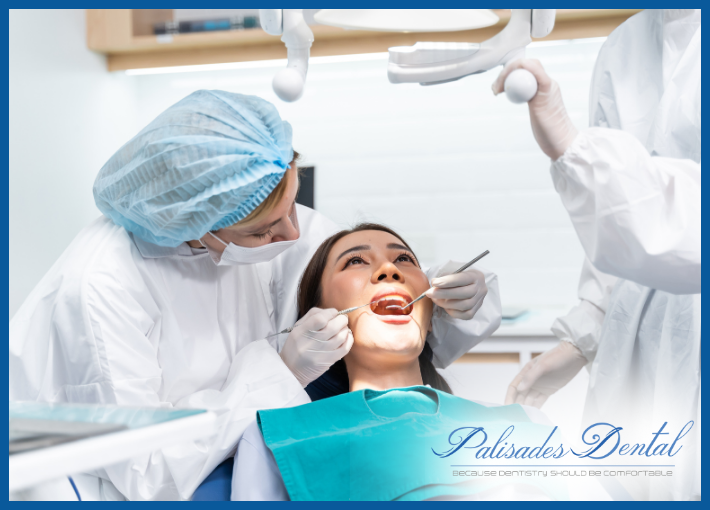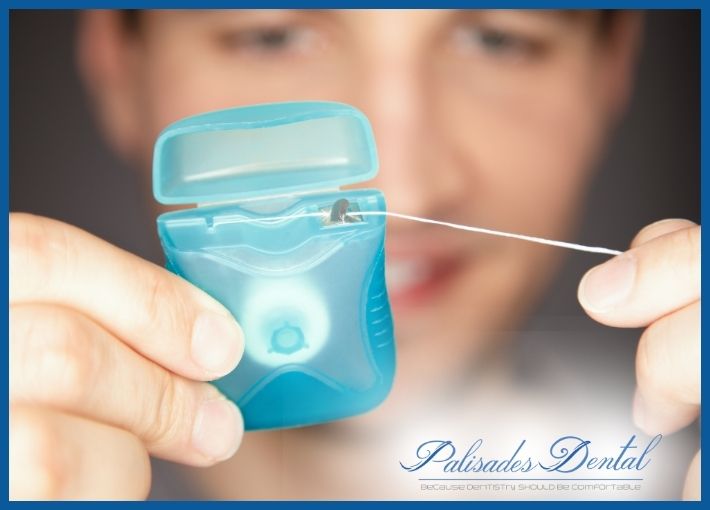Preventing tooth loss is a proactive approach to maintaining a healthy and functional smile throughout your life. It involves a consistent commitment to good oral hygiene practices, including regular brushing, flossing, and professional dental cleanings. Learn here how you can significantly reduce your risk of tooth loss and enjoy the benefits of a complete and confident smile for years to come.

Dr. Jeff Youngquist
– Dentist in American Fork, UT
Dr. Jeff Youngquist has been practicing general dentistry since graduating from the University of Minnesota in 2005 with a Doctorate of Dental Surgery. He has spent significant time devoted to implants and cosmetic dentistry.
His favorite thing in dentistry is fixing broken or worn front teeth, because of the confidence he restores in his patients. “As a child, I broke my front teeth on a trampoline, so I know what it’s like. No one should have to feel self-conscious about their smile!” Come on in and meet Dr. Youngquist and our staff. Here at Palisades Dental, our goal is to make dentistry as comfortable as possible.
Tooth loss can lead to poor diet, low self-esteem, difficulty speaking, and overall lowered quality of life.
The leading causes of tooth loss include cavities (tooth decay), periodontitis (gum disease with associated bone loss), and smoking.
A growing number of studies indicate that people with chronic conditions more often have untreated dental conditions, which can result in tooth loss.
Among U.S. adults 50 years or older, those with certain chronic conditions (such as diabetes, heart disease, or emphysema) have more frequently experienced tooth loss.
Tooth loss has been declining among older adults. In 2017–March 2020:
- About 1 in 10 adults (11%) aged 65 to 74 years had lost all their teeth.
- About 1 in 5 adults (20%) aged 75 years or older had lost all their teeth.
Tooth loss is largely preventable. A combination of oral hygiene practices, overall self-care, and professional dental care can help you avoid tooth loss.
Types
Some ways to describe tooth loss severity include:
- Loss of “functional dentition” (having fewer than 20 teeth remaining).
- Severe tooth loss (having 8 or fewer teeth remaining).
- Complete tooth loss (no natural teeth remaining).

Who is at risk
Some groups are still disproportionately affected by complete tooth loss.
Total tooth loss was more common among older adults who were non-Hispanic Black, had lower incomes, had a high school education or less, or currently smoke.
Complete tooth loss was about three times more common among older adults who had less than high school education (32%) compared to those with greater education (10%) in 2015–2018.
The prevalence of complete tooth loss was higher among non-Hispanic Black older adults (25%) compared with Hispanic older adults (15%) and non-Hispanic White older adults (11%) in 2015–2018.
A growing body of research shows association between some chronic conditions and having higher risk for tooth loss.
A recent study found that complete or severe tooth loss was at least 50% higher among adults reporting the following conditions (than those without the condition):
- Fair/Poor general health
- Heart disease
- Diabetes
- Emphysema
- Asthma
- Rheumatoid arthritis
- Liver condition
- History of stroke
Causes
Cavities (tooth decay) and periodontitis (gum disease with associated bone loss) are the two leading oral diseases that cause tooth loss. Both diseases are largely preventable and can be treated before they result in tooth loss. Another leading contributor to tooth loss is smoking.
Prevention
Adult (permanent) teeth begin erupting as early as age six. There are multiple preventive measures that can help people protect and keep those teeth healthy across the lifespan.
Things you can do to support your oral health and help prevent tooth loss include:
- Brushing twice daily.
- Flossing daily.
- Limiting foods and beverages that are high in added sugar.
- Having at least a yearly dental check-up (even if you have no natural teeth remaining).
- Having professional dental cleanings.
- Having additional dental visits if recommended by your health care provider.
- Asking your health care provider about chronic conditions that may increase risk for tooth loss.
Although tooth loss is more common among older adults, younger adults and children are also at risk for premature tooth loss due to untreated cavities and other factors. Premature loss of a baby tooth before the adult tooth is ready to erupt can lead to various malocclusions (abnormal tooth positions) and other complications.
Dental sealants can prevent cavities for many years. Community water fluoridation provides a safe, cost-effective, and widely accessible way to help prevent cavities by rebuilding, strengthening, and protecting a tooth’s surface.
Treatment and recovery
A dentist can offer treatment options to help replace missing teeth. Depending on your unique treatment needs, you may be referred to a dental specialist such as a periodontist or prosthodontist to help restore your oral health.

What CDC is doing
CDC’s Division of Oral Health (DOH) provides leadership to improve the nation’s oral health.
We promote proven interventions, such as dental sealants and community water fluoridation, to reduce the rate of cavities, especially for people at highest risk. We also support data collection efforts to help monitor progress towards improving the nation’s oral health.
Some of the oral health data collected through the National Health and Nutrition Examination Survey are used to monitor progress towards several Healthy People 2030 objectives. One of those objectives involves reducing the proportion of U.S. adults who have experienced complete tooth loss.
DOH efforts to improve oral health of the nation include:
- Funding state, territorial, and tribal oral health programs.
- Conducting oral health-related research.
- Working to integrate medical and dental care.
- Partnering with organizations that support the DOH mission.

Invest in a lifetime of healthy smiles. Our dental team provides expert guidance and treatments to help you prevent tooth loss. Discover the difference of compassionate, comprehensive dental care. Book your appointment today and join our family of satisfied patients. 801-756-1009. For more tips on general dentistry in American Fork, follow us on Instagram.
Reference: [https://www.cdc.gov/oral-health/about/about-tooth-loss.html]
























